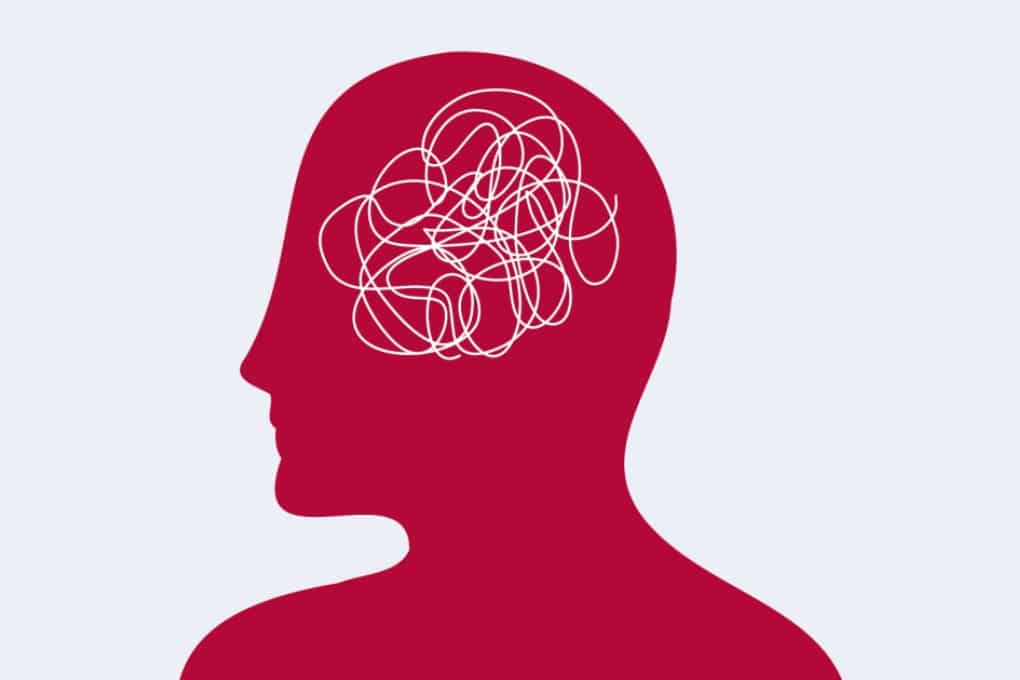Anxiety and Heart Problems Are Connected
Anxiety can cause fearful or worrying feelings, but did you know it can also impact your heart? Doctors and scientists have discovered that how we feel mentally has an effective effect on how our bodies operate, particularly our hearts.
What Is Anxiety?

Anxiety can be defined as an uncomfortable state characterized by fear, worry, or nervousness. While everyone experiences some degree of anxiety at certain times, like before taking an important exam or game, feeling constantly anxious can help us focus and react faster in certain circumstances. But if your anxiety remains constant or becomes overwhelming, it may develop into an anxiety disorder.
How Does Anxiety Affect the Heart?
Anxiety causes your body to enter “fight or flight” mode, whereby it prepares itself for potential danger even if none exists. Your brain tells your body to release stress hormones like adrenaline and cortisol, which make your heart beat faster and blood pressure increase.

As a result, anxiety causes your heart rate to increase, and you might experience palpitations, the sensation wherein the heart beats faster or pounds harder – this sensation is known as palpitations. Additionally, anxiety may cause blood pressure levels to spike frequently enough to damage blood vessels and increase heart disease risks; some individuals even experience irregular heartbeats called arrhythmia or experience what feels like chest pain, which often mimics that of a heart attack – although these pains should usually not pose any immediate danger in healthy people.
Can Anxiety Lead to Heart Disease?
Being anxious once in a while won’t harm your heart, but being constantly anxious could put undue strain on it and eventually lead to high blood pressure, an accumulation of plaque in arteries, or even heart attacks. Studies show that people with anxiety are more likely than their non-anxious counterparts to develop heart disease.

Anxiety can often lead to unhealthy habits. Some may smoke, snack on junk food, or avoid exercising when they are feeling anxious, all of which increase their risk for heart complications while making it harder for them to maintain overall health.
Heart Disease May Cause Anxiety Too
Anxiety and heart problems are inextricably linked. If you have heart disease or have experienced a heart attack, feeling anxious can increase. Worrying about your heart further escalates these feelings of anxiety, creating a cycle in which anxiety exacerbates heart symptoms.
What Can Be Done? If you find yourself constantly anxious and concerned about your heart health, consulting with a physician is key to understanding if anxiety is indeed the source of your symptoms or if something else could be at play. In addition, talking to someone close can also help relieve anxiety, as can exercising regularly, practicing deep breathing or relaxation techniques, and getting enough restful sleep – these techniques may all be effective ways of managing anxiety.
Mind care is just as essential to physical well-being; by managing anxiety effectively, you can help keep your heart healthy, too.

